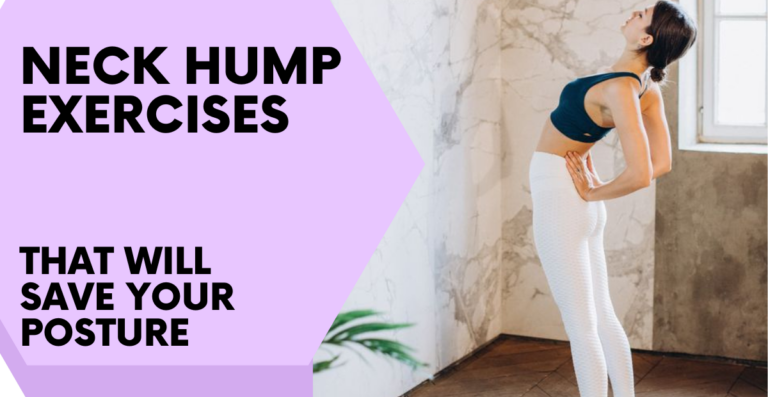Hello, health enthusiasts! Today, my wonderful friends and I embarked on a mission to conquer the world of NECK HUMP EXERCISES! We all know that good posture and neck health are crucial, so we dedicated our day to share our favourite exercises and techniques to strengthen and maintain a healthy neck.

From gentle stretches to targeted resistance exercises, we explored a variety of methods that can help us combat the dreaded neck hump and keep our spines aligned. It’s all about supporting each other on the journey to better health! Swipe up to check out some of the neck hump exercises that had us feeling taller and more confident, and don’t forget to drop your go-to neck exercise in the comments below!
Kudos to my friends for joining me on this quest for better posture and neck health. Stay tuned for more wellness adventures as we continue to support each other’s fitness goals!
Introduction
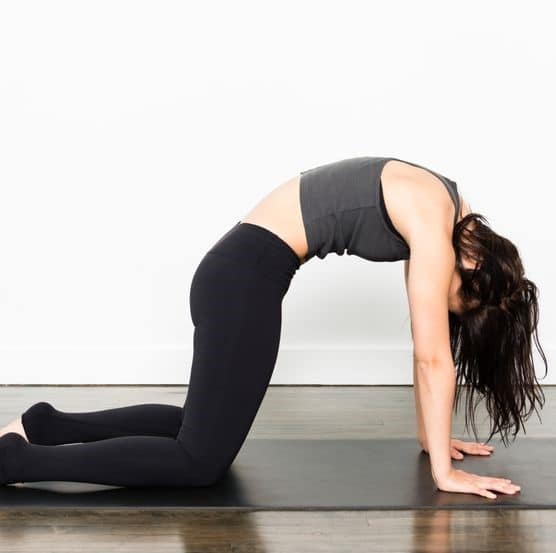
Welcome to our comprehensive guide on Neck Hump Exercises That Will Save Your Posture. In this article, we will explore the importance of good posture, the causes of neck hump, and most importantly, the exercises that can help you correct it. Don’t let poor posture hold you back from living your best life. Let’s dive in!
The Significance of Good Posture
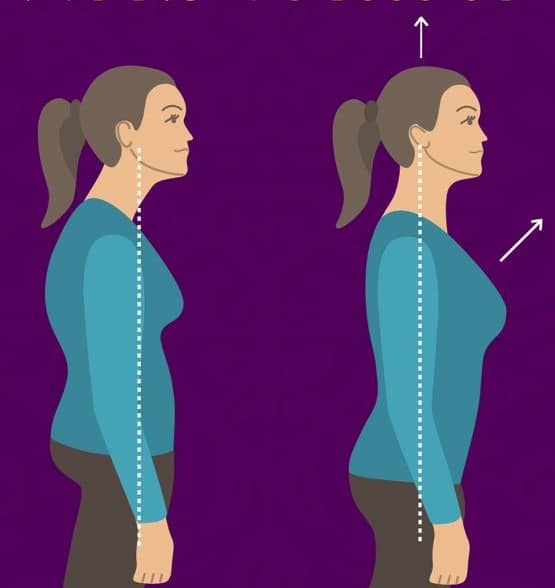
Having good posture is not just about looking confident; it’s also essential for your overall health. Proper posture ensures that your spine is aligned correctly, reducing the risk of developing musculoskeletal problems. Unfortunately, modern lifestyles, including prolonged sitting and excessive phone use, have led to an increase in neck hump issues.
What is a Neck Hump?
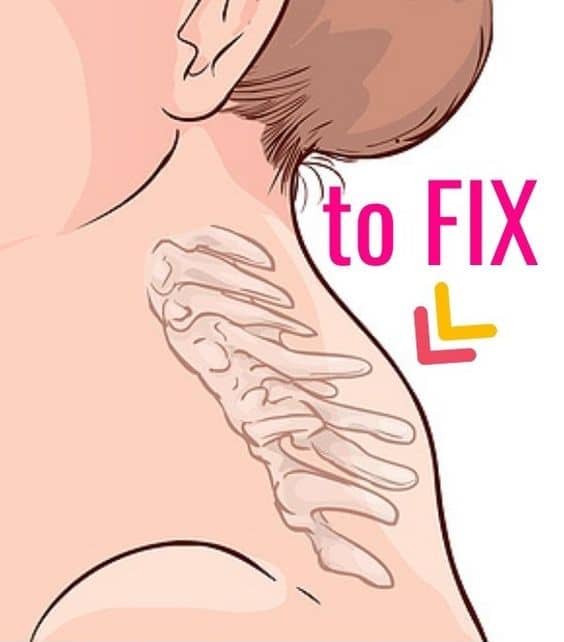
A neck hump, also known as a Dowager’s hump or buffalo hump, is a visible curvature of the upper spine, typically at the base of the neck. It can cause pain, discomfort, and even affect your self-esteem. The good news is that you can correct it with targeted exercises.
Neck Hump Exercises
1. Neck Tilt Stretch

Begin with a simple neck tilt stretch. Sit or stand up straight and slowly tilt your head to one side, bringing your ear toward your shoulder. Hold for 15-30 seconds on each side. This exercise helps stretch the neck muscles and improves flexibility.
2. Chin Tucks
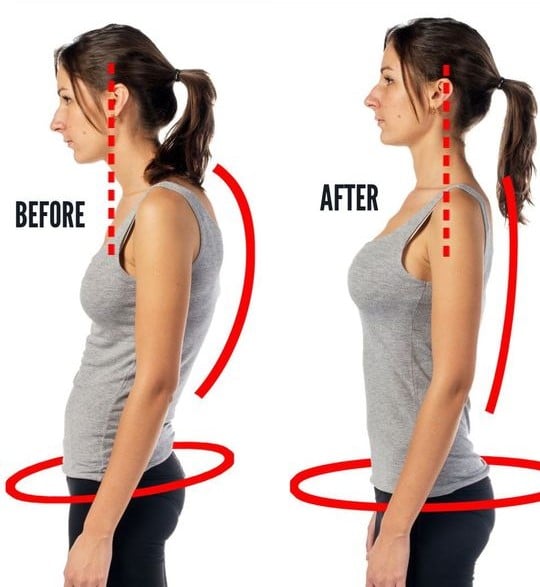
Chin tucks are effective in strengthening the muscles that support your neck. Sit or stand with your back straight, then gently tuck your chin in towards your chest. Repeat this motion 10-15 times.
3. Wall Angels
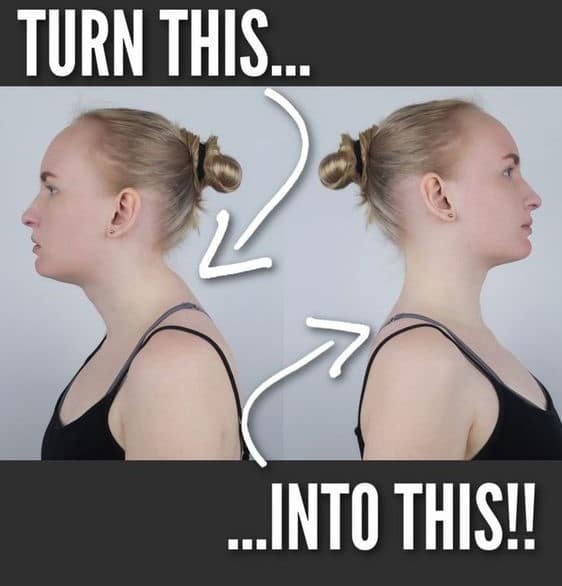
Stand against a wall with your heels, buttocks, upper back, and head touching it. Raise your arms to form a “W” shape, then slide them up and down the wall, keeping your elbows and wrists in contact with the surface. This exercise helps improve posture and shoulder mobility.
4. Cat-Cow Stretch
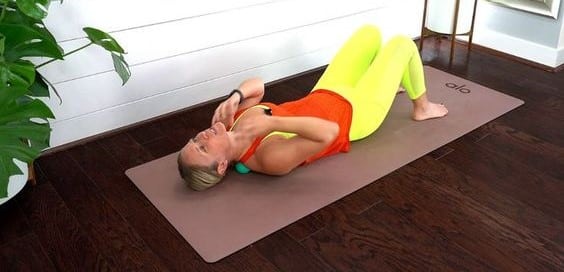
Assume a tabletop position on your hands and knees. Arch your back upward like a cat, then dip your spine downward like a cow. Repeat this stretch 10-15 times to relieve tension in your upper back and neck.
5. Neck Rotations
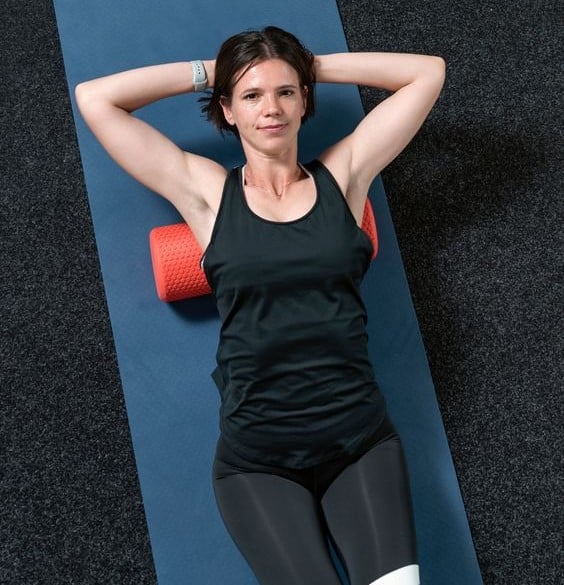
Sit or stand up straight, and slowly rotate your head in a circular motion, clockwise and then counterclockwise. Perform this exercise for 1-2 minutes to increase neck flexibility.
6. Resistance Band Pulls
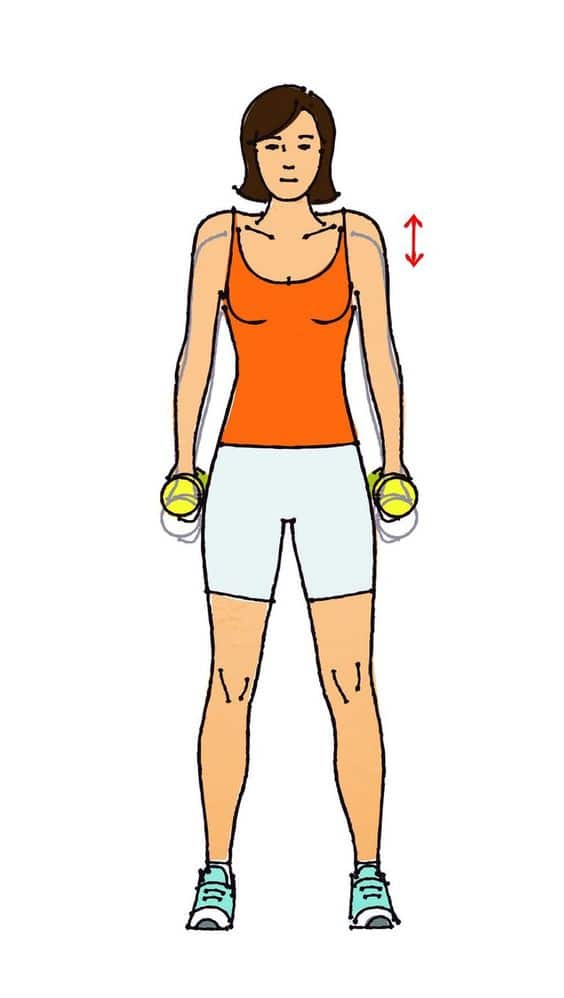
Attach a resistance band to a sturdy anchor point at shoulder level. Hold one end of the band in each hand, and pull it towards your chest while squeezing your shoulder blades together. This exercise strengthens the upper back and helps maintain good posture.
FAQs
What causes neck hump?
Neck hump is often caused by poor posture, prolonged sitting, and excessive use of electronic devices.
Can neck hump be reversed?
Yes, with the right exercises and lifestyle changes, you can reverse neck hump and improve your posture.
How long does it take to see results from neck hump exercises?
Results vary from person to person, but with consistent effort, you may see improvement in a few weeks.
Are these exercises safe for everyone?
While these exercises are generally safe, it’s essential to consult with a healthcare professional if you have any underlying medical conditions.
Can neck hump lead to other health problems?
Yes, untreated neck hump can lead to chronic pain, spinal issues, and reduced mobility.
How many times a day should I do these exercises?
Perform these exercises at least once a day, but you can do them more frequently for better results.



